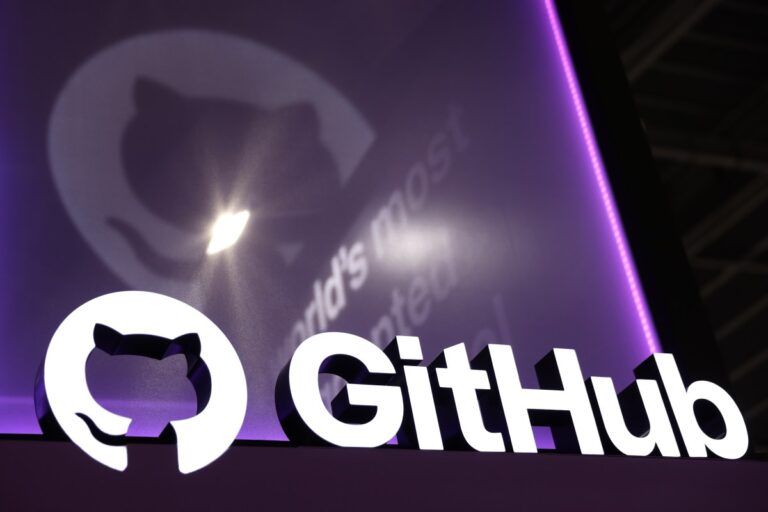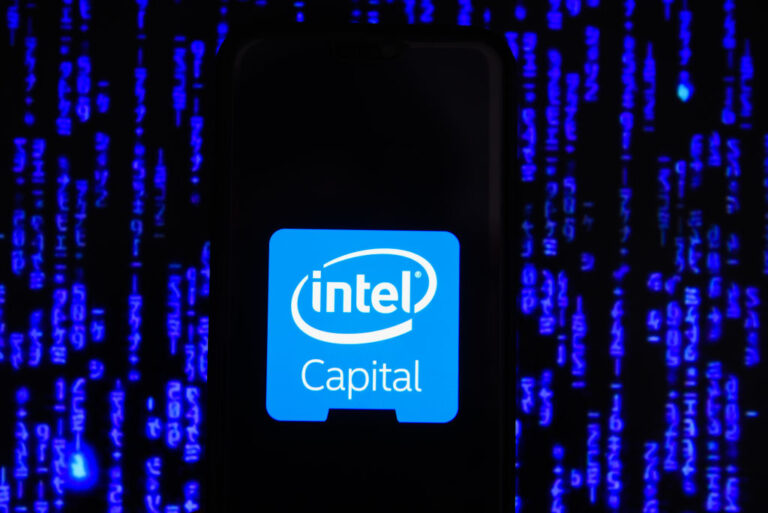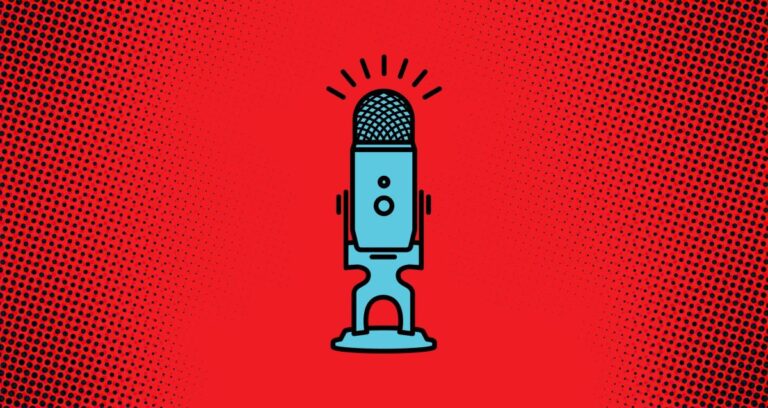Revolutionizing AI Research: MLCommons and Hugging Face Launch Extensive Speech Dataset
MLCommons, a nonprofit organization dedicated to AI safety, has joined forces with the AI development platform Hugging Face to unveil one of the largest public domain voice recording collections in the world for AI research. This extensive dataset, named Unsupervised People’s Speech, features over a million hours of audio recordings across at least 89 languages, aiming to advance research and development in diverse areas of speech technology.
About the Unsupervised People’s Speech Dataset
MLCommons created this dataset to foster innovation in natural language processing and enhance communication technologies globally. According to a blog post from the organization, the primary motivation is to support research in:
- Improving speech models for low-resource languages
- Enhancing speech recognition for various accents and dialects
- Developing novel applications in speech synthesis
Challenges and Risks of Using AI Datasets
While the goals of the Unsupervised People’s Speech dataset are commendable, there are inherent risks associated with using AI datasets like this one. One significant concern is the presence of biased data.
Source of Recordings and Potential Bias
The recordings utilized in Unsupervised People’s Speech were sourced from Archive.org, a nonprofit known primarily for its Wayback Machine service. However, due to the predominantly English-speaking contributors, most of the recordings feature American-accented English. This can lead to AI systems, particularly speech recognition and synthesis models, exhibiting biases, such as:
- Difficulty transcribing English spoken by non-native speakers
- Challenges in generating synthetic voices in languages other than English
Ethical Considerations in AI Research
Another concern is the potential for using recordings from individuals who may not be aware that their voices are included for AI research purposes, including commercial applications. While MLCommons asserts that all recordings are either public domain or under Creative Commons licenses, there remains a risk of oversight.
Voices from the Community
According to an analysis conducted by MIT, numerous publicly available AI training datasets lack clear licensing information and contain errors. Advocates for creators, such as Ed Newton-Rex, CEO of the AI ethics-focused nonprofit Fairly Trained, argue that creators should not be burdened with the responsibility to “opt-out” of AI datasets, as this process can be cumbersome and confusing.
Newton-Rex emphasized, “Many creators (e.g., Squarespace users) have no meaningful way of opting out,” highlighting the challenges faced by content creators in managing their contributions to AI datasets.
Looking Ahead: The Future of Speech Technology
MLCommons is committed to continuously updating and enhancing the quality of the Unsupervised People’s Speech dataset. However, developers and researchers are advised to proceed with caution when utilizing this dataset, taking heed of the potential biases and ethical implications involved in AI research.
For more information on AI ethics and responsible data usage, consider visiting AI Fairness for resources and discussions on best practices in the field.







